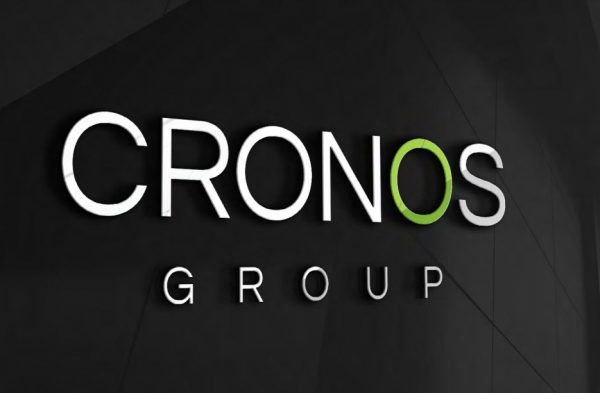The Canadian cannabis business Cronos Group Inc. and its former chief commercial officer have been accused of accounting fraud, the U.S. Securities and Exchange Commission announced on Monday.
The SEC said that Cronos and the former executive, William Hilson, proposed to resolve the issue by promising to stop and desist from further violations of the accused provisions, without admitting or rejecting the SEC’s findings.
The company’s “timely self-reporting, substantial cooperation, and remediation,” the SEC stated in a statement, led it to decide against imposing a monetary fine.
According to the SEC’s order, Cronos filed financial statements with the SEC in three different quarters between 2019 and 2021 that had significant accounting mistakes relating to, among other things, revenue recognition and goodwill impairment. The order also discovered that Hilson had made a secret oral agreement in one of the quarters to sell cannabis raw material and buy it back in the subsequent quarter. Cronos, which found the $2.3 million accounting blunder after an internal review, was unaware of this arrangement and did not account for it. Following the discovery of the accounting mistakes, Cronos immediately informed the SEC of the wrongdoing and generously cooperated, significantly advancing the Commission’s inquiry. Additionally, it improved its internal accounting controls by taking appropriate corrective action.
“It is critically important for issuers to have adequate controls in place before they take on the reporting obligations required of public companies,” said Mark Cave, Associate Director in the SEC’s Enforcement Division. “While today’s order finds that Cronos’s controls were not up to standards when it began filing financial statements with the SEC, Cronos avoided penalties by promptly self-reporting its accounting misconduct as it came to light within the company, cooperating with our investigation, and promptly taking effective remedial steps.”
According to the SEC’s decision against Cronos, the corporation broke the federal securities laws’ antifraud, reporting, books and records, and internal controls sections. In the SEC’s ruling against Hilson, it is determined that he violated the federal securities laws’ antifraud provisions as well as helped Cronos breach the regulations relating to reporting, books and records, and internal controls.
Cronos and Hilson made a settlement offer by promising to stop and desist from violating the accused provisions in the future without acknowledging or disputing the SEC’s conclusions. Cronos also consented to hire an impartial compliance expert to examine, evaluate, and offer recommendations about the company’s financial reporting and accounting systems. Hilson consented to a three-year bar for officers and directors, as well as agreed to be suspended from appearing and practicing before the SEC as an accountant for at least three years. The Commission determined not to impose a financial penalty on Hilson in light of his consent to pay $70,000 (CAD), or approximately $54,000 (USD), to the Ontario Securities Commission for similar conduct.
Kendra Kinnaird and John Higgins of the SEC conducted the inquiry with help from Marlee Miller and Bonnie Kartzman of the Office of International Affairs. Kristen Dieter and Fuad Rana oversaw the inquiry. The Ontario Securities Commission’s help is much appreciated by the SEC.


